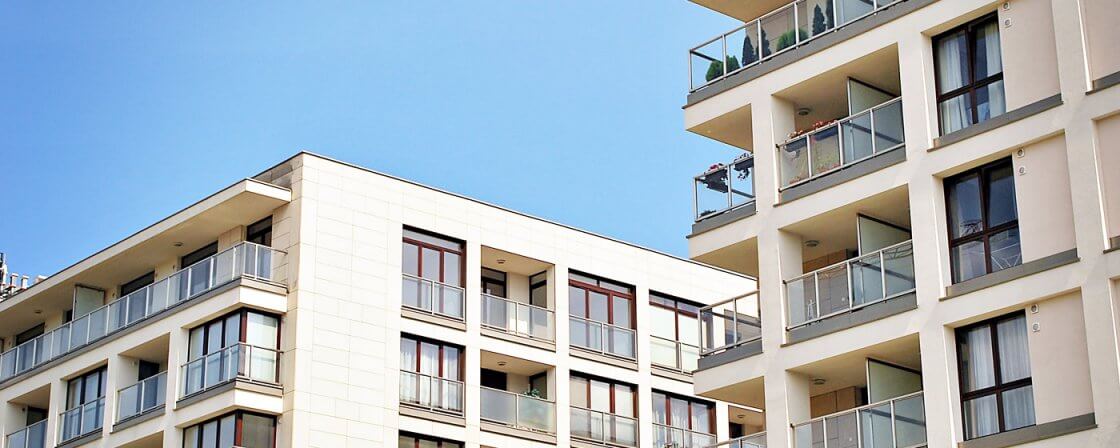How about visits?
The landlord cannot prohibit the tenant from bringing visitors to the apartment. If there is a clause in the tenancy agreement prohibiting the tenant from receiving visitors in the flat, this clause is invalid. The tenant is not obliged to respect the landlord’s contractual or verbal prohibition on visitors and does not have to report the visits to the landlord in any event.
However, it should be said that in practice it can be difficult to distinguish between a visitor and a person who is a permanent member of the tenant’s household. The line can be quite thin. For example, if a tenant starts dating someone. What was initially an evening visit turns into a weekend visit and then a multi-day visit. In terms of distinguishing a visitor from a member of the tenant’s household, it is possible to be guided by just how long the person has been in the flat. If the person starts living with the tenant permanently, the landlord’s consent is required.
Are you solving a similar problem?
Real Estate Purchase or Sale
We provide a complete package of services for both landlords and tenants. We will draft or review all lease/rental contracts, help with extension or termination of lease, and make sure everything takes place smoothly and without legal complications. You’re also welcome to pay after services are provided.
I Need help
- When you order, you know what you will get and how much it will cost.
- We handle everything online or in person at one of our 6 offices.
- We handle 8 out of 10 requests within 2 working days.
- We have specialists for every field of law.
Is it possible to ban smoking in the apartment?
Every tenant has the freedom to choose to smoke. The landlord has no right to restrict this freedom of his tenants and cannot prohibit tenants from smoking in the apartment. Nevertheless, many landlords often include a no-smoking policy in lease agreements. Only if the smoke coming from the apartment would unreasonably disturb, for example, the neighbours from above, can they demand that smoking be refrained from, for example, on the balcony.
On the other hand, smoking in the apartment can make the apartment smell unpleasant. The landlord can, of course, demand that the tenant restore everything to its original condition and, as part of this, have the sofas, carpets and the whole flat professionally cleaned, for example. Such an obligation in the case of an unpleasant smelling apartment can also be written into the contract. As a rule, the tenant will think twice about taking a few steps outside the house.
And what if the landlord doesn’t like pets?
The tenant has the right to keep an animal in the apartment as long as it does not cause undue hardship to the landlord or other residents of the building. Therefore, the lease cannot restrict the tenant from keeping pets. It can only subsequently require the tenant to compensate for the increased costs caused by keeping the animal.
If there is a clause in the tenancy agreement prohibiting the keeping of animals, it is not taken into account at all. The tenant is therefore free to keep the animal. This is also true of other unreasonable provisions restricting the tenant.
Subletting
Here the law actually distinguishes between two types of subletting
a) if the tenant lives permanently in the apartment, he can sublet part of the apartment without the landlord’s consent (this does not mean that he does not have to report this fact to the landlord),
b) if the tenant does not live in the flat with the subtenants and sublets the whole flat – he needs the landlord’s consent to do so.
If the tenant allows a third party, for example a subtenant, to use the property, he is liable to the landlord for the actions of that person in the same way as if he had used the property himself.
Who does the landlord enter into a contract with?
The decision is up to the landlord, but the landlord must not violate anti-discrimination law and must ensure equal opportunity for all. Thus, not allowing people such as smokers, pregnant women, students, or people from a certain ethnic group to view the apartment may be discriminatory, and they can then take legal action for damages.
At the end of the tenancy, the tenant must hand over the flat to the landlord in the same condition as when they took it over; normal wear and tear is not taken into account. This means, for example, that the carpets are not like new but used, the sofa or other furnishings are faded, or the paint is dull where it has been used.
However, nails in the walls will no longer be normal wear and tear and the walls may be considered to be sealed and painted. The tenant must carry out routine maintenance of the flat, which includes repairing plaster or wallpapering. Again, it is advisable to set out the maintenance regime in the contract.
Tip for article
Tip: Are you happy with your tenant and want to extend their lease? We will advise you on how to draw up a lease extension and what must be included in the so-called lease amendment. We will explain whether the amendment changes anything significant in the contract. But we will also tell you what to do if you want to end a tenancy with a problem tenant.





